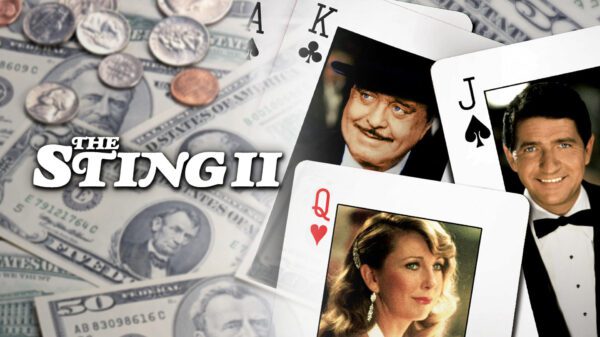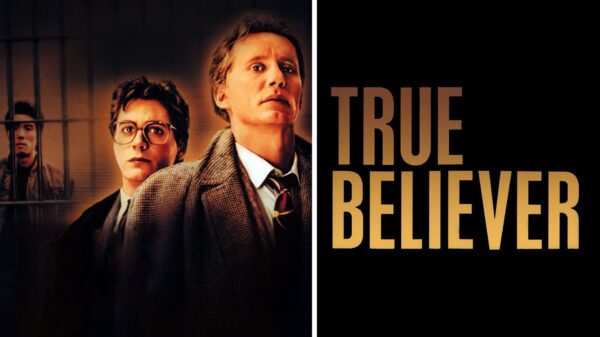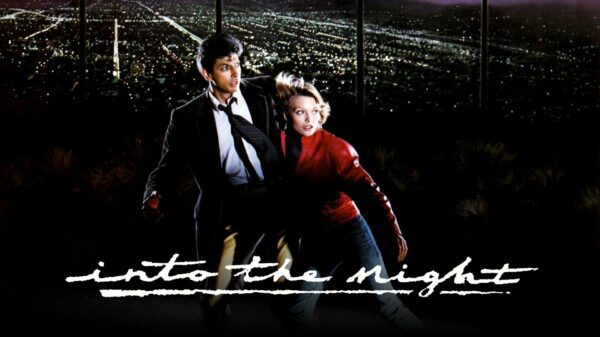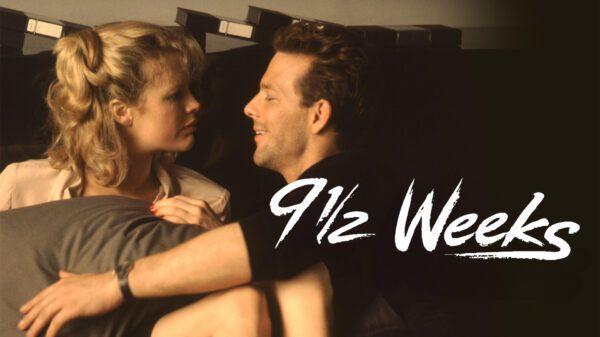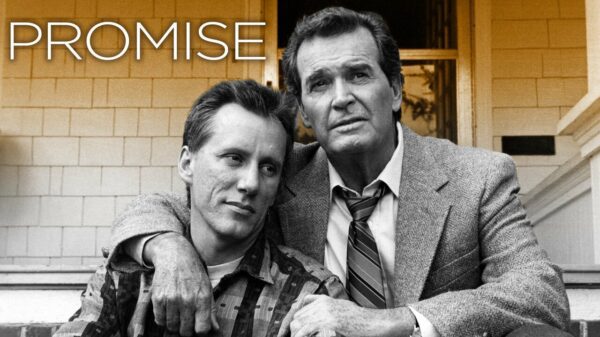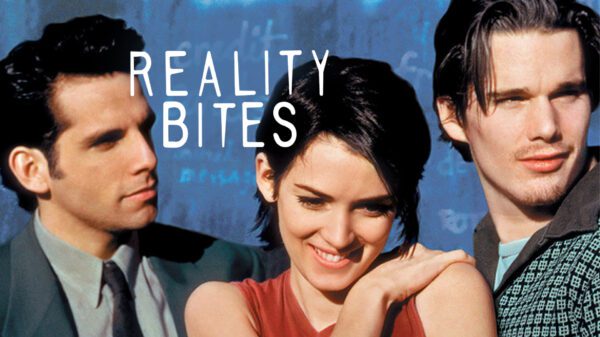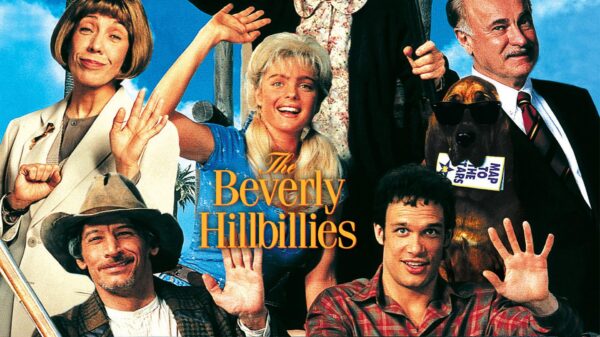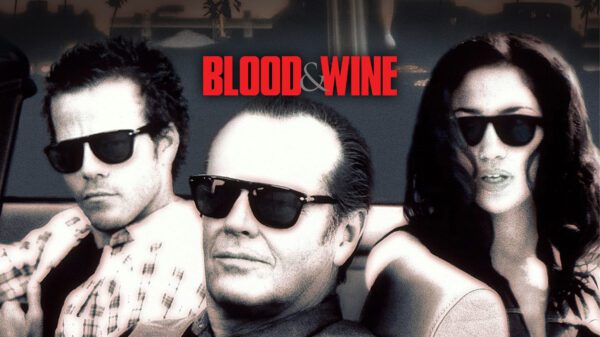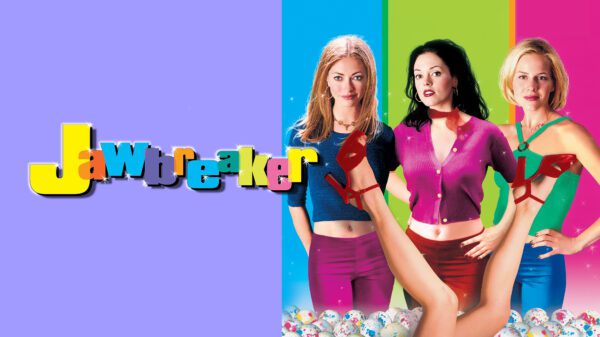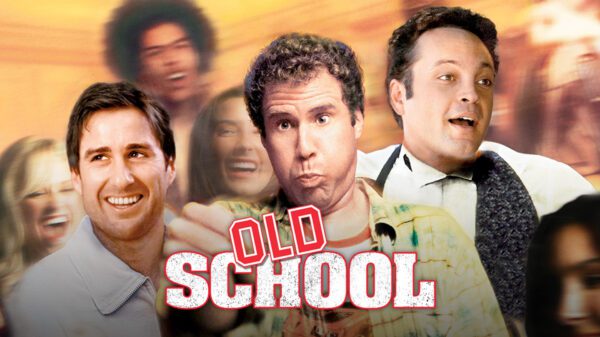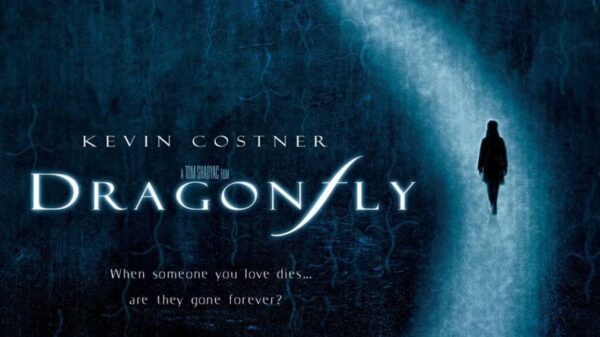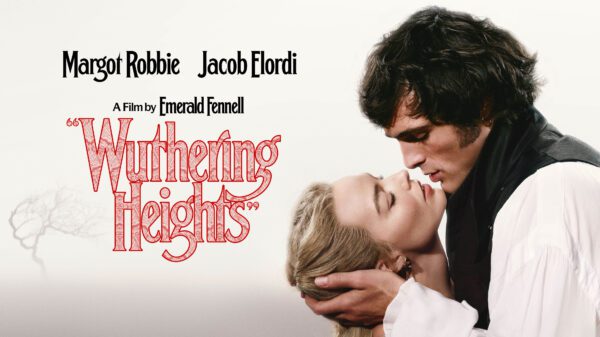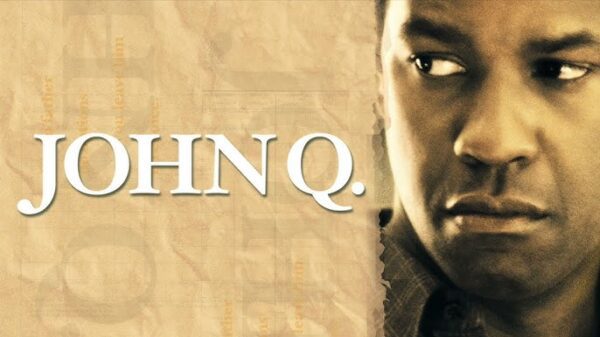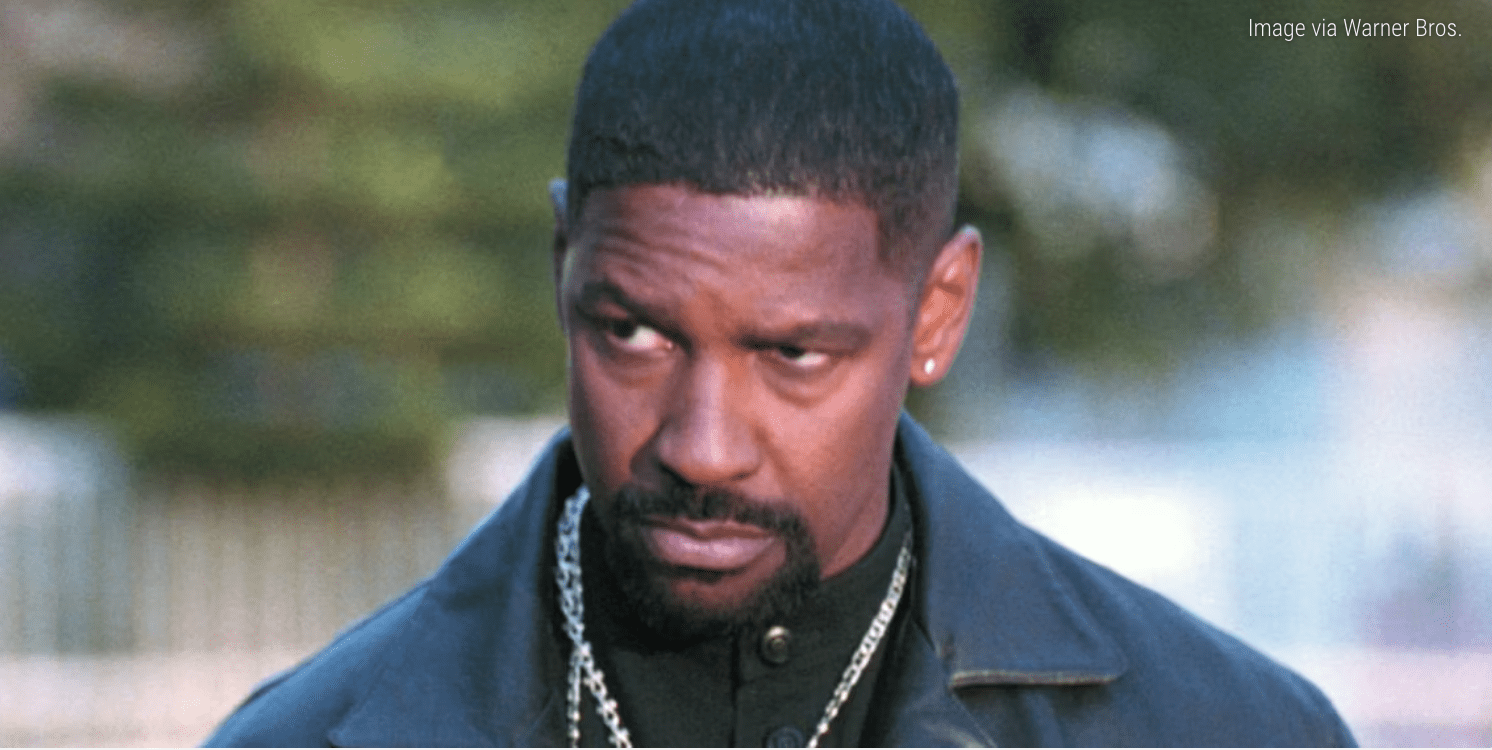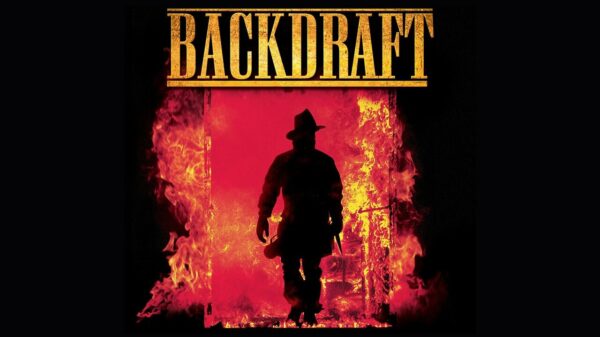Woody Allen’s Anything Else, released in theaters on September 19, 2003, finds the writer-director back on familiar cinematic ground: the romantic and existential anxieties of a young, intellectually restless writer in Manhattan. Anchored by two central performances—one from the rising star of the era, the other from Allen himself—the film operates as a highly caffeinated, philosophically fraught romantic comedy that attempts to diagnose the neuroses of a new generation.
The story revolves around Jerry Falk (Jason Biggs), an aspiring comedy writer living in the perpetual state of New York neurosis.
His life is a carefully constructed house of cards, constantly threatened by his tempestuous relationship with the beautiful but maddeningly impulsive Amanda (Christina Ricci).
Their volatile connection forms the comedic and emotional core of the film; Jerry adores her, but her erratic behavior, frequent mood swings, and a tendency to invite her mother, Paula (Stockard Channing), to live with them, turns Jerry’s tiny apartment and life into a constant state of chaos.
Jerry seeks counsel from his aging mentor, David Dobel (Woody Allen), a misanthropic teacher and amateur philosopher who dispenses bizarre, conspiracy-laden, and often highly questionable advice about life, romance, and artistic survival.
Dobel encourages Jerry to abandon caution and embrace his darker impulses, contrasting sharply with Jerry’s innate timidity.
The film’s energy largely derives from the constant clashing of these two personalities, as Jerry tries to navigate his complicated romance, his demanding agent (Danny DeVito), and his professional aspirations.
While exploring familiar territory, the film manages to feel fresh thanks to the manic energy of the supporting cast, which also includes Adrian Grenier, Fisher Stevens, Jimmy Fallon, and Erica Leerhsen.

Christina Ricci in Anything Else (Photo/DreamWorks Pictures)
Reception for Woody Allen’s Anything Else
Anything Else grossed $1.7 million on its opening weekend.
The film grossed $13.6 million worldwide.
Roger Ebert gave the film three out of four stars in his review.
Legacy
The legacy of Anything Else lies in its unapologetic return to Woody Allen’s classic themes: the search for meaning, the absurdities of love, and the inescapable presence of fate.
It is a dense, dialogue-heavy piece that offers no easy solutions to the complexities of modern relationships and instead, it serves as a witty and insightful reminder that, for some, life is always just one neurotic thought away from total disaster.

